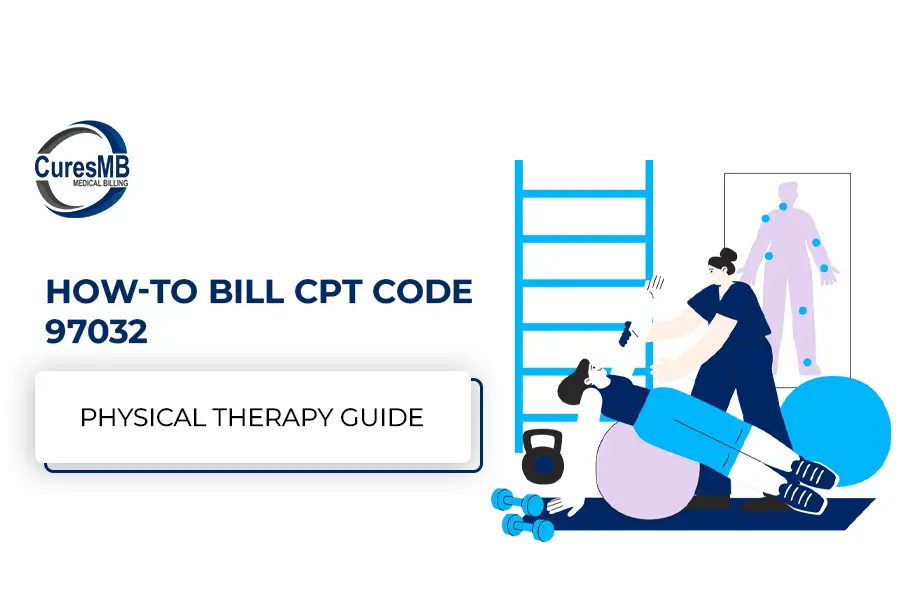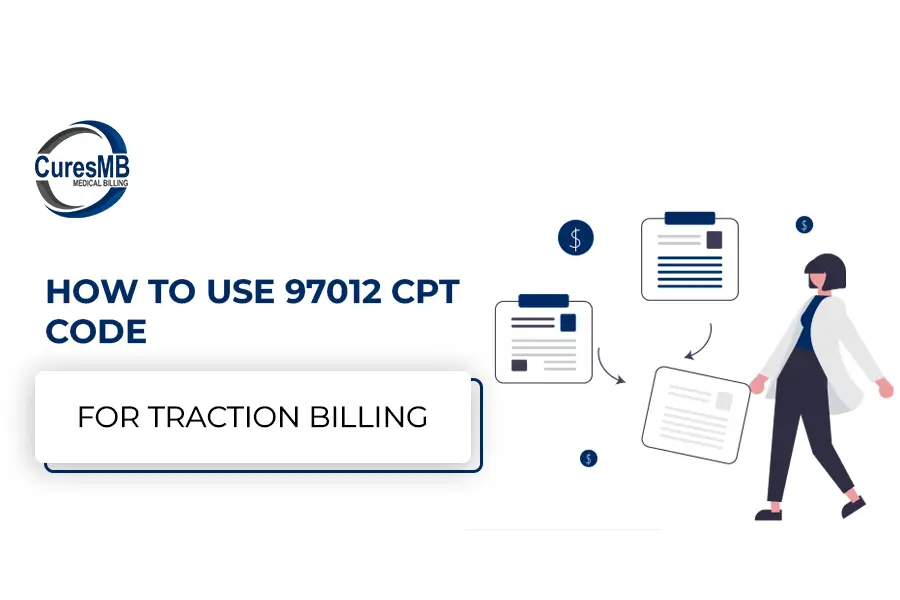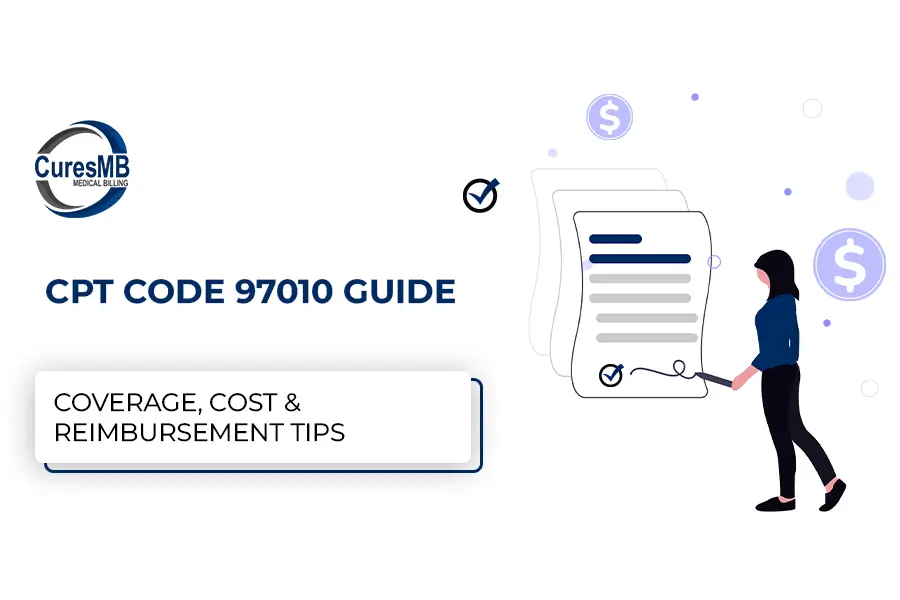Chronic Obstructive Pulmonary Disease, or COPD, is a lung condition that encompasses various types of conditions that result in breathing difficulties. It has multiple symptoms, including pneumonia and chronic bronchitis, which lead to restricted airflow and long-term breathing problems. Individuals with COPD typically experience symptoms such as a persistent cough, wheezing, difficulty breathing, and chest pain.
COPD can be identified by a lack of airflow that is not completely reversible and typically improves over time. The condition usually develops due to long-term exposure to irritant particles or fine particles, often from smoking, and should be described using the appropriate ICD-10-CM codes. Consequently, individuals with COPD experience a lower quality of life due to chronic respiratory symptoms with occasional exacerbations, which can be triggered by acute bronchitis or tracheobronchitis.
COPD is diagnosed by evaluating symptoms, conducting lung function tests, and, in certain cases, imaging checks, all of which are classified with ICD-10-CM codes such as J44. Common COPD symptoms include a persistent cough with sputum production, wheezing, and shortness of breath, particularly during physical activity, which can be caused by acute bronchitis. Patients are often diagnosed based on respiratory data indicating airflow limitation and impaired lung function, which are documented with specific ICD-10-CM codes.
The goal of COPD treatment is to reduce symptoms, improve lung function, and enhance patients’ overall quality of life. This may involve the use of breathing aids, inhaled corticosteroids, lung rehabilitation, oxygen treatment, and, in severe cases, surgery such as lung volume reduction or transplantation. Quitting smoking is essential to halting the progression of COPD.
ICD-10 codes serve an important role in healthcare because they help define documentation for diseases, treatment, and procedures. For COPD, specific ICD-10 codes help physicians accurately record and track the disease, thus ensuring proper billing, research, and patient satisfaction.
Healthcare providers use ICD-10-CM codes to identify and code COPD diagnoses in accordance with established guidelines, ensuring complete documentation that includes unspecified persistent diseases. The proper use of these codes enables accurate and consistent reporting across multiple medical facilities, facilitating more efficient communication and data analysis in line with the 2024 ICD-10-CM requirements.
Common ICD-10 codes for COPD include J44.0 for chronic obstructive bronchitis, J44.1 for emphysema, and J44.9 for nonspecific COPD. These codes split between different illness presentations, allowing for more exact diagnosis and treatment allocation for patients, particularly with the thorough 2024 ICD-10-CM improvements.
Some common codes of COPD:
J40 – Bronchitis, not specified as acute or chronic
J41.0 – Simple chronic bronchitis
J41.1 – Mucopurulent chronic bronchitis
J41.8 – Mixed simple and mucopurulent chronic bronchitis
J42 – Unspecified chronic bronchitis
J43.0 – Unilateral pulmonary emphysema [MacLeod’s syndrome]
J43.1 – Panlobular emphysema
J43.2 – Centrilobular emphysema
J43.8 – Other emphysema
J43.9 – Emphysema, unspecified
J44.0 – Chronic obstructive pulmonary disease with (acute) lower respiratory infection
J44.1 – Chronic obstructive pulmonary disease with (acute) exacerbation
Our goal is to streamline your healthcare revenue cycle management, give you the financial freedom your practice deserves, and take control with a partner specializing in provider RCM optimization and services excellence.
Access essential company data with a simple click through the 'Download Company Info' feature.
COPD is divided into two major types: chronic bronchitis and emphysema, each with its own set of features. Chronic bronchitis is characterized by continuous irritation of the airways, which results in increased mucus production and coughing, whereas emphysema causes damage to lung tissue and air sacs, leading to airflow constraints.
ICD-10 coding has "Type 1 Excludes" and "Type 2 Excludes" statements to improve coding specificity. Type 1 Excludes identify conditions that are not included in the specified code, while Type 2 Excludes describe conditions that are not part of the same grouping but should still be considered in diagnosis and treatment.
Lower respiratory infections are common problems in COPD patients, often causing flare-ups and worsening symptoms. These infections can affect lung function and overall health, requiring quick diagnosis and treatment with antibiotics or antiviral drugs. ICD-10-CM codes are used to document acute lung infection or tracheobronchitis, respectively.
COPD patients may have an increased risk of developing certain cancers or tumors, particularly lung cancer, and should be monitored using appropriate ICD-10-CM codes. The chronic inflammation that is commonly found in the lungs of COPD patients may contribute to the development of cancer, highlighting the importance of cancer screening and early detection in this population.
Pregnant women with COPD require specialist care and monitoring due to the risk of complications from reduced lung function and oxygenation. COPD care during pregnancy requires a comprehensive strategy to ensure the well-being of both the mother and the fetus throughout the gestational period. This may involve managing an undiagnosed chronic respiratory condition to prevent any adverse effects.
Exposure to noxious gases, fumes, and smoke in occupational or environmental situations might increase COPD symptoms and contribute to disease progression, as stated in the ICD-10-CM coding guidelines. Correct recognition of exposure sources and risk reduction are crucial in preventing additional lung damage and maintaining respiratory function in affected people, as noted by appropriate ICD-10-CM codes such as J44.
Environmental exposures, including work hazards and tobacco smoke, have an important effect on the development and progression of COPD. Persistent exposure to toxic chemicals can injure the lungs, causing ongoing irritation and respiratory problems in those who are susceptible.
Discover Cures Medical Billing Services Across Different States
FL
NY
ML
CO
NJ
AZ
TX
CA
WA
We are a team of national medical billing service experts based in Astoria, NY, committed to providing ongoing value to our customers. We leverage technology and implement best practices to provide high-quality and cost-efficient medical billing solutions from domestic locations, enabling customers to achieve their business goals. Cures Medical Billing is the best option for any medical billing needs.
Medical billing around Astoria, NY, and beyond is our core competency and our specialists will efficiently manage all your billing needs. Our medical billing specialists have over 12 Plus years of experience with all security technologies to ensure data integrity for our customers. Using our medical billing service, anyone can make their medical billing task less resource-consuming.
Discover unparalleled efficiency and precision in healthcare financial management with Cures Medical Billing Solutions.


